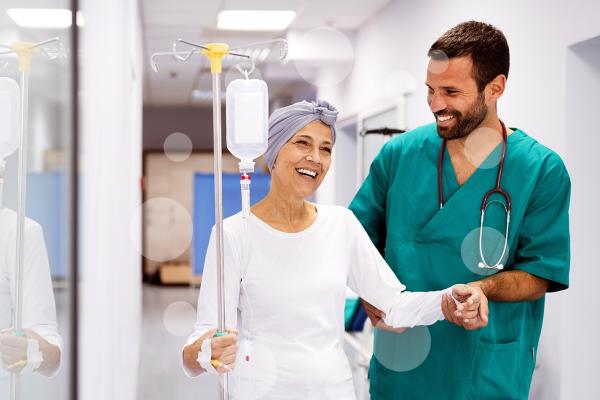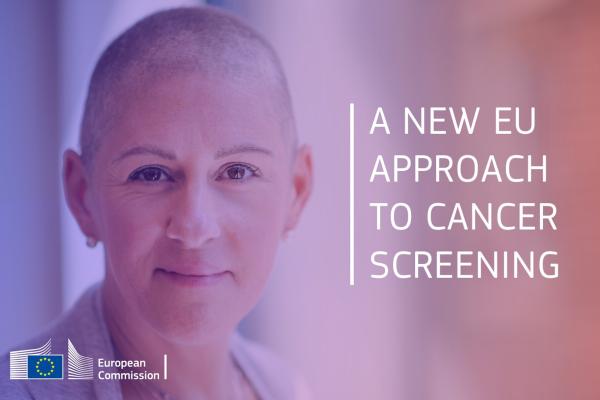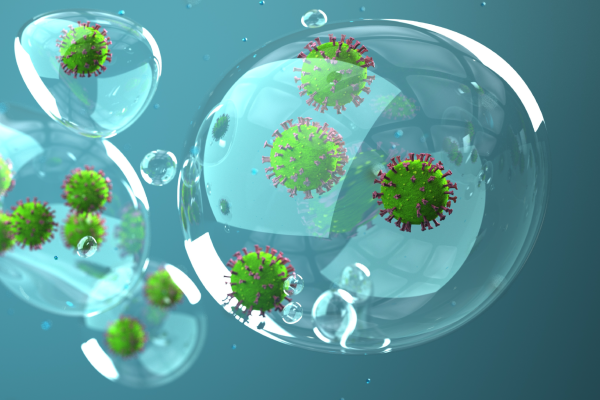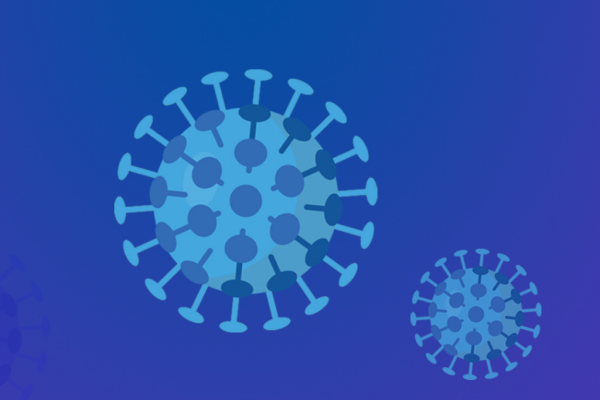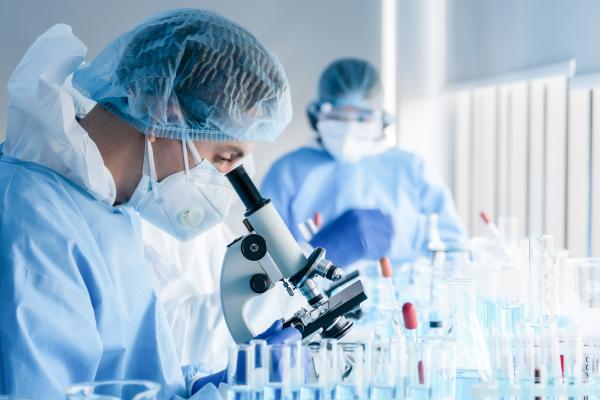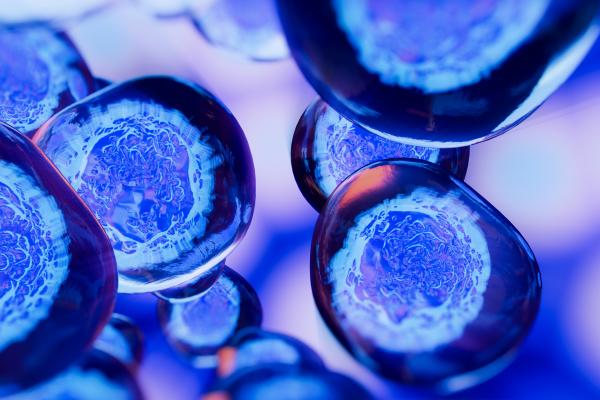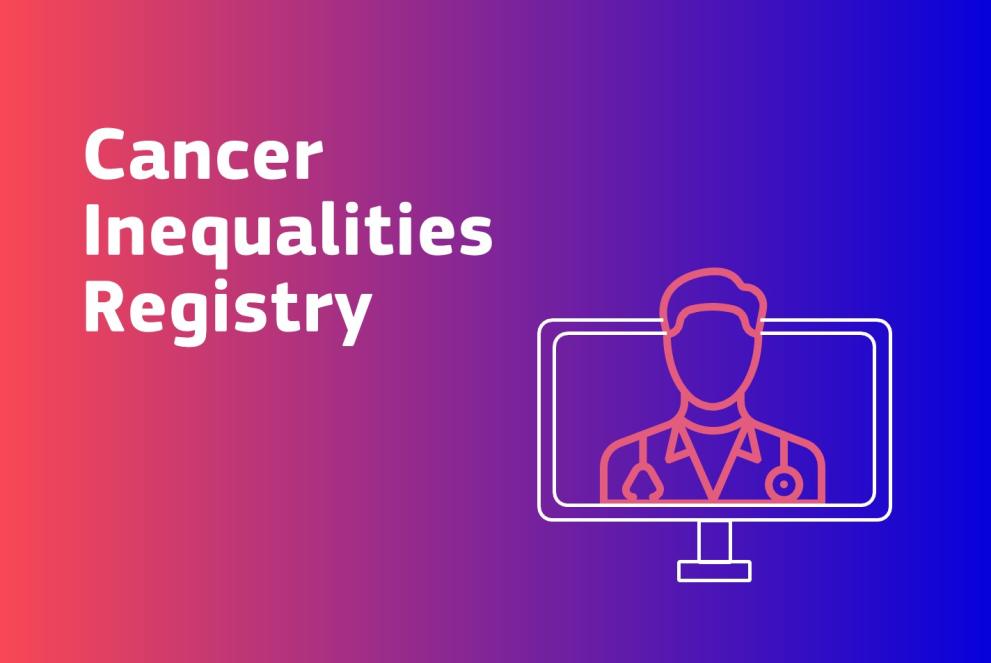
Equality is one of the founding values of the European Union. Unfortunately, when we talk about cancer, considerable disparities and inequalities continue to persist across Europe. The Commission’s European Cancer Inequalities Registry is helping policy makers and researchers to address them.
The European Cancer Inequalities Registry (ECIR), the flagship initiative of the Europe’s Beating Cancer Plan, has shown trends, disparities and inequalities in cancer prevention and care across EU countries, Norway and Iceland, during its first year of activity. It has helped to identify policy needs and provide resources to support competent authorities in their health investment decisions. On the other hand, it has also draw attention to potential data gaps, for future orientation of research needs and data calls to fill those data gaps.
The European Cancer Inequalities Registry provides:
- The Data Tool to explore interactively cancer inequality indicators. The Joint Research Centre (JRC) regularly updates and enrich the Registry, as new evidence becomes available.
- The Country Cancer Profiles, prepared by the OECD and published today, to allow countries identifying inequalities and understand their strengths and weaknesses in cancer prevention and care.
- The Cancer Care Performance Reports, to be published by OECD bi-annually as from 2024, will shed light on cancer care performance at EU level.
Mariya Gabriel, Commissioner for Innovation, Research, Culture, Education and Youth:
"The European Cancer Inequalities Registry is an essential evidence-based policy instrument to help countries identify areas that need to, and can be, improved. I encourage EU countries and stakeholders to make use of it. Now, and in the coming years, both EU and national funding instruments are available to tackle inequalities and reach equity in cancer prevention and care for all. We do not want any EU country to lag behind, and together, we can and we will reduce cancer inequalities in the EU."
New inequality dimensions
In just one year since its launch, the ECIR Data Tool has been expanded to include data along six inequality dimensions: country differences, sex, education, income, urbanisation and age.
Exploring these data sets reveals socio-economic and demographic inequalities from cancer burden, prevention, screening and early detection, to diagnosis, treatment and quality of life.
For example, overall mortality rates are 75% higher among men in the EU27 as compared to women. We can also see that cancer risk factors, such as obesity, low intake of fruits and vegetables or physical inactivity, in most EU countries tend to be more prevalent for groups with lower education or income, or those living in rural areas. The same applies to participation to cancer screening practices. There are still striking geographical differences for prevention, screening or treatment indicators, which is unacceptable within the Union.
A roadmap for further developments
During last year, the JRC has published its Roadmap for developing the ECIR Data Tool, which has been endorsed by EU countries and Norway and Iceland. The Roadmap clarifies the scope of the Data Tool, specifies data quality criteria, and outlines the plans for expansion of the data tool by inclusion of more indicators. In particular, this year, the Data Tool aims to include more evidence-based indicators on environmental factors contributing to cancer mortality and incidence, in addition to exploring inequalities existing in vulnerable population groups.
The EU Cancer Mission and research programmes to address inequalities
All European patients should benefit from the vibrant EU Framework Programmes for research (Horizon Europe, Digital Europe, Euratom) which contribute to innovative interventions and technologies in all areas of cancer care. Through the Cancer Mission the EU works together with citizens, stakeholders and EU countries to ensure that the end-users, such as citizens at risk of cancer and cancer patients living with and beyond cancer, are effectively reached. For example, the Cancer Mission systematically addresses inequalities in its mission work programmes, cancer mission project clusters and one of its flagship actions, in close collaboration with the Europe’s Beating Cancer Plan, which aims to establish a network of comprehensive cancer infrastructures in each EU country. Moreover, focus groups with citizens have been organised in countries with high cancer incidence.
In February, Commissioner Mariya Gabriel will host one of such focus groups. It will address the contribution of the Euratom Research and Training programme, and respective actions in nuclear science applications, innovations in diagnosis and treatment in several areas including cancer, while also engaging with high-level nuclear stakeholders to discuss the medical applications of radionuclides.
On 1st of February, the Swedish Presidency of the Council of the European Union and the European Commission has launched the ECIR Country Cancer Profiles during the joint conference "Equity, excellence, and innovation: modern cancer care for all, Europe's Beating Cancer Plan eradicating inequalities within cancer care". Participants discussed activities of the Cancer Mission in research and innovation, to support prevention, early detection, treatment and care.
Details
- Publication date
- 1 February 2023
- Author
- Joint Research Centre

